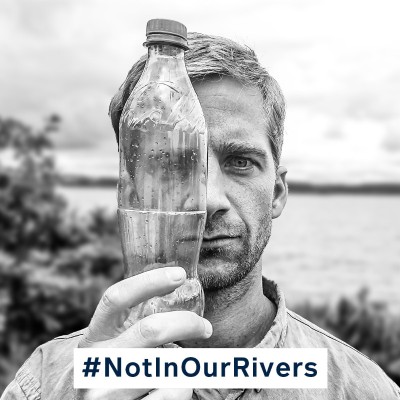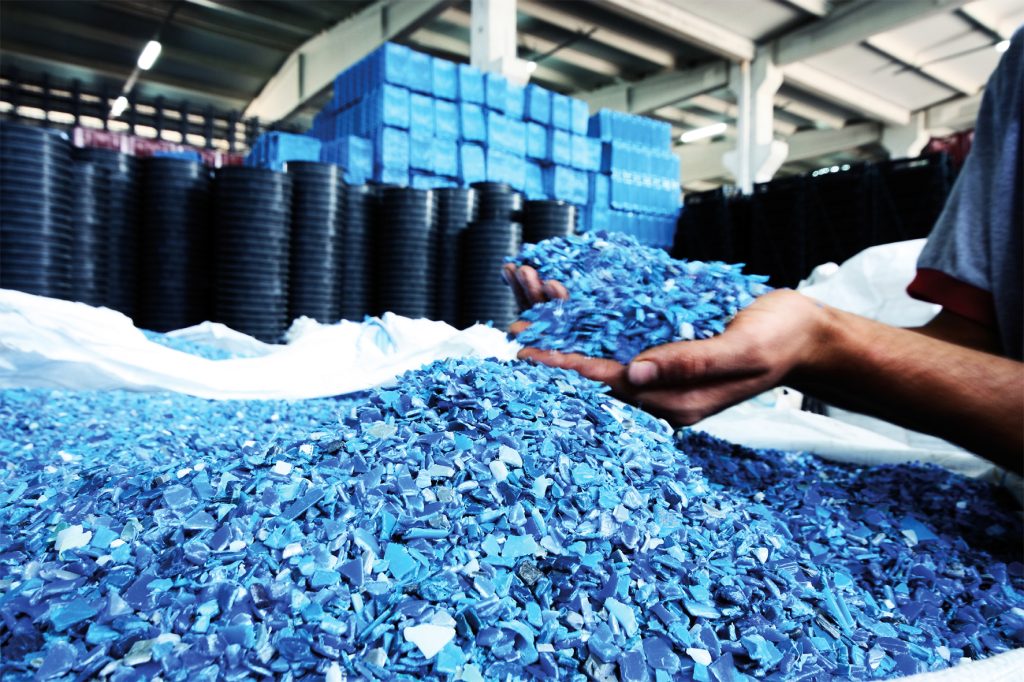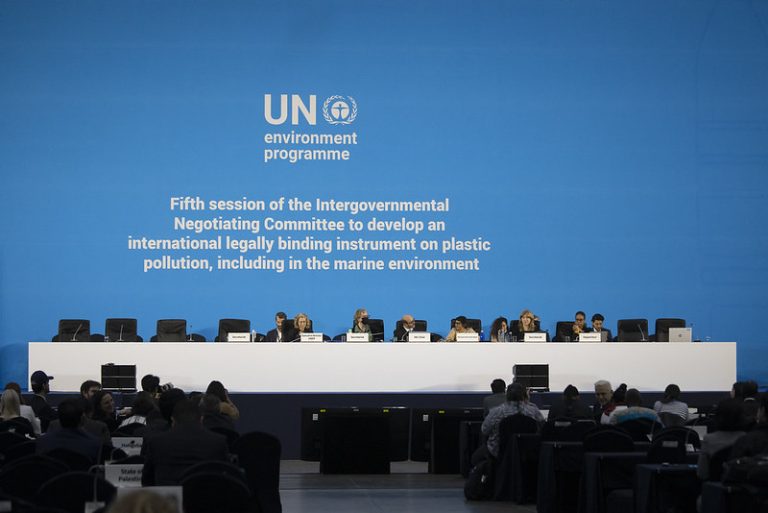Across the globe, recycling is under pressure. While awareness is growing and collection infrastructure has improved, the results remain disappointing. Less than 9 percent of global plastic waste is recycled into new materials. At the same time, the textile industry — which already relies on polymers for over 70 percent of its output — struggles to find reliable sources of recycled raw material.
This disconnect reveals a larger problem. Our recycling systems are designed to manage waste, not to produce industrial feedstock. It is time to shift our focus from disposal to production.
At Reparell Innovation and Everwave, we believe the future of recycling depends on where and how waste is processed. Our joint initiative, EndOfWaste, is designed to address this gap by creating localized, scalable upcycling capacity near both the waste stream and the manufacturing base.
The Challenge: Recycling Without a Destination
Despite increasing political and corporate commitments to circularity, most collected plastic is still either incinerated or exported. Even when plastic is recycled, poor sorting, high energy costs, and low demand for the output often render the process financially unsustainable.
Regulatory efforts such as Extended Producer Responsibility (EPR) and plastic credits offer potential mechanisms to positively influence these issues and support the development of much-needed infrastructure. However, the infrastructure required to produce usable recycled material for high-volume industries like textiles is often either lacking or not cost-competitive with virgin materials.
The result is a paradox: we collect plastic waste at scale, yet continue to import virgin polyester and nylon to meet industrial demand.
The Solution: Build Recycling Where Production Happens
EndOfWaste turns this model around. Instead of collecting plastic waste and searching for a buyer, we process the material locally, using mobile infrastructure and proven upgrading techniques. Our pilot site in Kukës, Albania, is a first-of-its-kind test case.
Everwave provides plastic waste collected from rivers and local sources, using mobile sorting and AI-based monitoring. Reparell Innovation then compounds and upgrades this waste using a thermomechanical process developed in partnership with BASF and RISE. The result is polymer granulate suitable for melt-spinning into yarn for the textile industry.
Because the entire process happens near where the raw material is needed, we cut transportation emissions, increase resilience, and generate industrial value in regions often overlooked by global supply chains. The first batch has already been transformed into a wearable product — a knitted beanie — as proof of concept.
Why It Matters
EndOfWaste is not just about environmental responsibility. It is an industrial strategy. It creates new economic opportunities, shortens supply chains, and reduces fossil dependency. It is also designed to scale. The model does not rely on large centralized facilities. Instead, it uses modular systems that can be deployed wherever there is sufficient waste and local production.
This approach can work across the Balkans, North Africa, and Southeast Asia — or anywhere that plastic is a problem and textiles are a trade.
A Call to Align Incentives
If circularity is going to deliver real impact, we must connect policy with production. Plastic credits and EPR rules are valuable, but they must support infrastructure that creates real material value. Today, much of that infrastructure is missing.
We call on governments, investors, and supply chain leaders to support solutions that bring recycling closer to production. If we want to move beyond symbolic recycling, we need to treat waste as a strategic input — and fund systems that can prove it.
Source link : View Article
Author
-

Clemens Feigl is CEO and Co-Founder of Everwave GmbH, a German environmental technology company focused on AI-based river waste collection and waste management infrastructure. Emil Pettersen is Head of Development at Reparell Innovation AB, a Swedish clean-tech company developing scalable solutions to recover raw material from waste for the textile industry.



